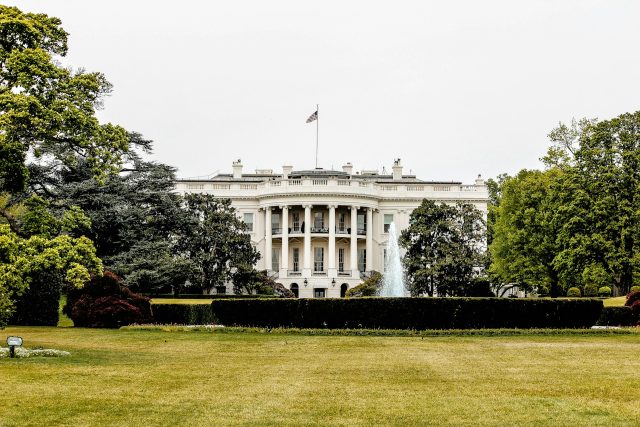
The election in the United States was a disruptive event and the first few weeks after election day have held several surprises, especially when it comes to the names and appointments announced by Trump. While billionaire Elon Musk’s position now seems clear – as he will head the Department of Government Efficiency, DOGE – the other key departments and positions have caused quite a bit of talk and will probably continue to cause controversy until President Trump puts an end to this debate by confirming or changing his new Cabinet. It has to be said that, compared to his first term as President, Trump seems to want to surround himself with an entirely different entourage. While in the election he won against Clinton he surrounded himself with personalities who were clearly Republican and very much present within the government, in this case he seems to be focusing everything on his loyalists, even at the risk of antagonizing part of the GOP. But there is still a long way to go before he takes office, and there are several institutional appointments that will certainly have their repercussions on both American and European politics, especially with the Union grappling with the formation of the Von der Leyen team.
The word of the great electors
In the US system there are some very interesting figures, called transition teams, that work hard on the handover between the outgoing administration and the incoming one. All in a sequence of finely regulated steps that will bring the new President Trump to sit for the second time in the Oval Office of the White House. The first of the big political-administrative appointments (in fact, it must be remembered that what we are reading in the newspapers today in terms of appointments does not concern formal steps, but only political speculation) is the vote of the great electors. As per practice, it will take place on the first Monday after the second Wednesday in December, which this year is 17 December. On this day the electors of the electoral college meet in the various capital cities and actually vote for the president and vice-president, taking into account the outcome of the vote in the individual states. In this case, the mechanism is regulated by the US Constitution and does not prevent the great electors from voting for anyone they choose. However, 32 states, including the District of Columbia, have passed laws limiting the possibility of such cases occurring. In particular, it was the Supreme Court that in 2020 ruled that the Constitution in no case prevents states from replacing voters identified as ‘infidels’. The possibility of the popular vote not being ratified by the electors is thus not only remote, but also defused by the system of internal laws of the individual states. The votes of the electors are then sent to the President of the Senate and the state archives, all by the fourth Wednesday of December. After that, usually by 3 January, the votes are transferred to Congress to be certified.
The role of Congress
At this point, there may be the first problems with the counting of votes. Indeed, on 6 January when Congress meets in joint session to count and certify votes, and objections can be made here. The Vice-President-in-Office, in his capacity as President of the Senate, reads the votes aloud, while the members of Congress, at this time, can object to any or all of a state’s count. In this case, objections are submitted in writing and especially signed by a member of both Houses. These members then have to meet, examine the objection and vote on whether to invalidate the votes in question or not. A delicate procedure that, should there be any surprises (which in any case would not jeopardize Trump’s election), could nevertheless create dissension and public demonstrations. It was on that date, in fact, that the famous assault on Capitol Hill took place in 2021.
Inauguration Day
All these procedures must be completed by 20 January: Inauguration Day. On that day, in fact, the new President and his Vice-President take office with the swearing-in ceremony. It is a very solemn and cherished moment for Americans, who flock from different states to watch, crowding along the National Mall. From then on, the ball passes definitively into the hands of The Donald, who will have to present the entire team that will make up his Cabinet. Some of these appointments have already been announced over the last few days and the debate that is ensuing, which is also filling the front pages of the foreign press, suggests a strong stance by the tycoon, ready to assert his weight and strength gained in an election won against everyone, even against part of his own party.



 Subscribe
Subscribe